Weaving Words and Binding Bodies
The Poetics of Human Experience in Old English Literature
Megan Cavell
University of Toronto Press
Toronto Buffalo London
University of Toronto Press 2016
Toronto Buffalo London
www.utppublishing.com
Printed in the U.S.A.
ISBN 978-1-4426-3722-1
 Printed on acid-free, 100% post-consumer recycled paper with vegetable-based inks.
Printed on acid-free, 100% post-consumer recycled paper with vegetable-based inks.
Library and Archives Canada Cataloguing in Publication
Cavell, Megan, 1985, author Weaving words and binding bodies : the poetics of human experience in Old English literature / Megan Cavell.
(Toronto Anglo-Saxon series) Includes bibliographical references and index. ISBN 978-1-4426-3722-1 (bound)
1. English literature Old English, ca. 4501100 History and criticism. 2. Figures of speech in literature. I. Title. II. Series: Toronto Anglo-Saxon series
PR179.F53C39 2016 829'.09357 C2015-908264-1
This book has been published with the help of a grant from the Federation for the Humanities and Social Sciences, through the Awards to Scholarly Publications Program, using funds provided by the Social Sciences and Humanities Research Council of Canada.
University of Toronto Press acknowledges the financial assistance to its publishing program of the Canada Council for the Arts and the Ontario Arts Council, an agency of the Government of Ontario.

Acknowledgments
I would like to sincerely thank everyone who has supported and advised me throughout the research, writing, and revision of this monograph. In particular, I am grateful to those who have taken the time to read this work more times than they perhaps would have liked: Richard Dance, Hugh Magennis, Rosalind Love, William Robins and my anonymous reviewers. My thanks go to Suzanne Rancourt and the editorial team at the University of Toronto Press, as well as to readers and mentors in the wider medievalist community: Matthias Ammon, Helen Foxhall Forbes, Alaric Hall, Antonette diPaolo Healey, Fabienne Michelet, Britt Mize, Andy Orchard, Simon Patterson, Russell Poole, M.J. Toswell, and Judy Quinn.
I also owe a great debt of gratitude to the Social Sciences and Humanities Research Council of Canada, whose funding of my postgraduate degrees and postdoctoral fellowship allowed me to pursue my passion for Old English literature and eventually wrestle this study into its current form. The final stages of this publication took place during my time as a Cofund Junior Research Fellow at Durham University, and I am likewise grateful to the fellowship programme and my colleagues for their support and collegiality.
Finally, to all my friends and family you know who you are thank you so very much!
Abbreviations
ASEAnglo-Saxon England
ASPR Anglo-Saxon Poetic Records
BAR British Archaeological Reports
CCSL Corpus Christianorum Series Latina
CSASE Cambridge Studies in Anglo-Saxon England
CSEL Corpus Scriptorum Ecclesiasticorum Latinorum
DOEDictionary of Old English (eds. Antonette diPaolo Healey et al.)
DOE CorpusDictionary of Old English Web Corpus (eds. Antonette diPaolo Healey et al.)
EETS Early English Text Society
ELHEnglish Literary History
ELNEnglish Language Notes
ESEnglish Studies
JAFJournal of American Folklore
JEGPJournal of English and Germanic Philology
Klaeber Four The fourth edition of Klaebers Beowulf (eds. R.D. Fulk et al.)
MMedium vum
MLNModern Language Notes
MLRModern Language Review
NMNeuphilologische Mitteilungen
OEDOxford English Dictionary Online
OENOld English Newsletter
PMLAPublications of the Modern Language Association
PQPhilological Quarterly
RESReview of English Studies
SNStudia Neophilologica
SPStudies in Philology
TOEThesaurus of Old English
Editions
Unless otherwise stated, all Old English poetic quotations refer to the ASPR editions. (Their numbering is also used for the Exeter Book riddles.) However, quotations from Beowulf, Judith, The Metres of Boethius, and Solomon and Saturn I and II are from Klaeber Four, Griffiths, Godden and Irvines, and Anlezarks editions, respectively. All references to the Vulgate are from the Biblia Sacra (eds. Fischer et al.), and those to The Hliand are from Behaghels edition, while the various Latin enigmata are quoted from Glories CCSL edition. Unless otherwise stated, all Old English and Latin translations which I have tried to keep as literal as possible are my own.
Weaving Words and Binding Bodies
Construction and Constriction: Introducing Human Experience in Old English Poetry
The aim of this study is to provide a comprehensive survey of material and metaphorical weaving and binding in Old English poetry. There are several hundred instances of such imagery invoked in relation to objects, humans, elemental forces and complex abstract concepts in the poetic corpus. Despite its frequency of appearance and despite its use in a wide range of overlapping and contradictory (nevertheless intriguing) metaphors and thematic clusters, such connective language has received a great deal of passing or partial comment, but no thorough and exhaustive critical treatment. It is perhaps because of the scholarly reduction of the metaphorical use of binding terminology in Old English poetry to mere clich that the significance of the imagery has been overlooked. Given the sheer scale of this formulaic diction and imagery, however, the lack of a comprehensive analysis prevents scholars from engaging in nuanced discussion of thematics within and relationships between texts ranging from the most canonical to the relatively obscure.
The corpus includes a wide range of didactic, heroic, elegiac, and hagiographical texts, of which some have received a great deal of scholarly attention and celebration, while others have been pushed to the margins. Against precedent, this survey will include reference to certain of lfrics saints lives and homiletic texts, which in past scholarship have been considered rhythmical prose. Following Thomas A. Bredehofts arguments that the differences between these texts and the traditional poetic canon stem from the formers status as later verse, their inclusion here seems Despite the variety of forms, content, and intended audiences, weaving and binding remain prevalent themes throughout much of Old English poetry, both early and late.
The decision to focus the survey on poetry springs not only from necessity there is simply too much material to permit an exhaustive analysis of the prose as well but also from a desire to situate the poetic texts within their immediate formulaic environment, something that sets them apart from the prose corpus. Nevertheless, where significant parallels between Old English poetic, prose, and Latin texts exist, the wider tradition will most certainly be addressed.

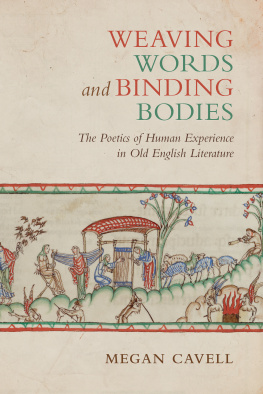
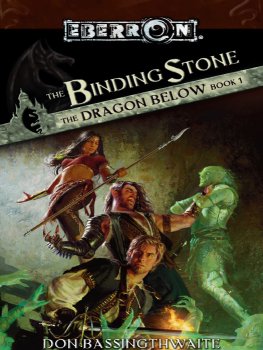
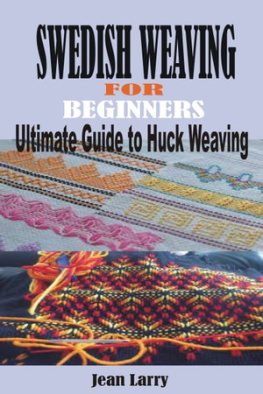
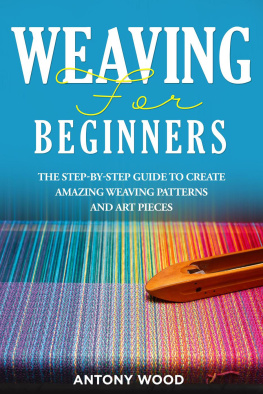
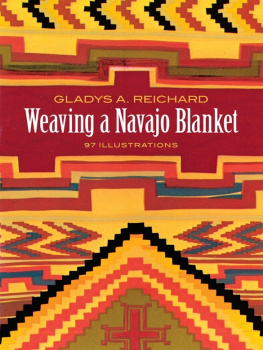
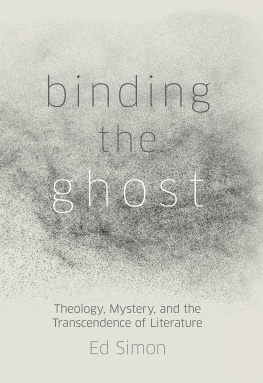
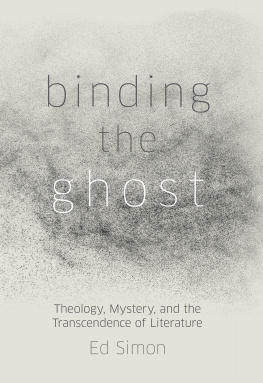
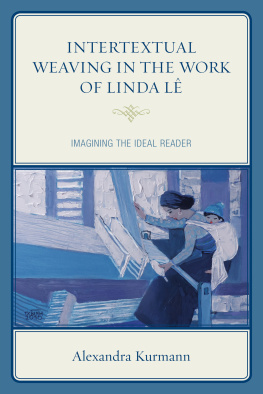

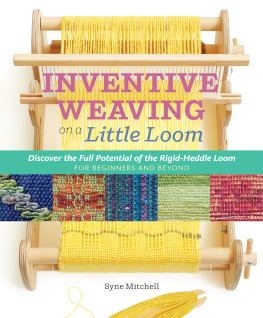

 Printed on acid-free, 100% post-consumer recycled paper with vegetable-based inks.
Printed on acid-free, 100% post-consumer recycled paper with vegetable-based inks.